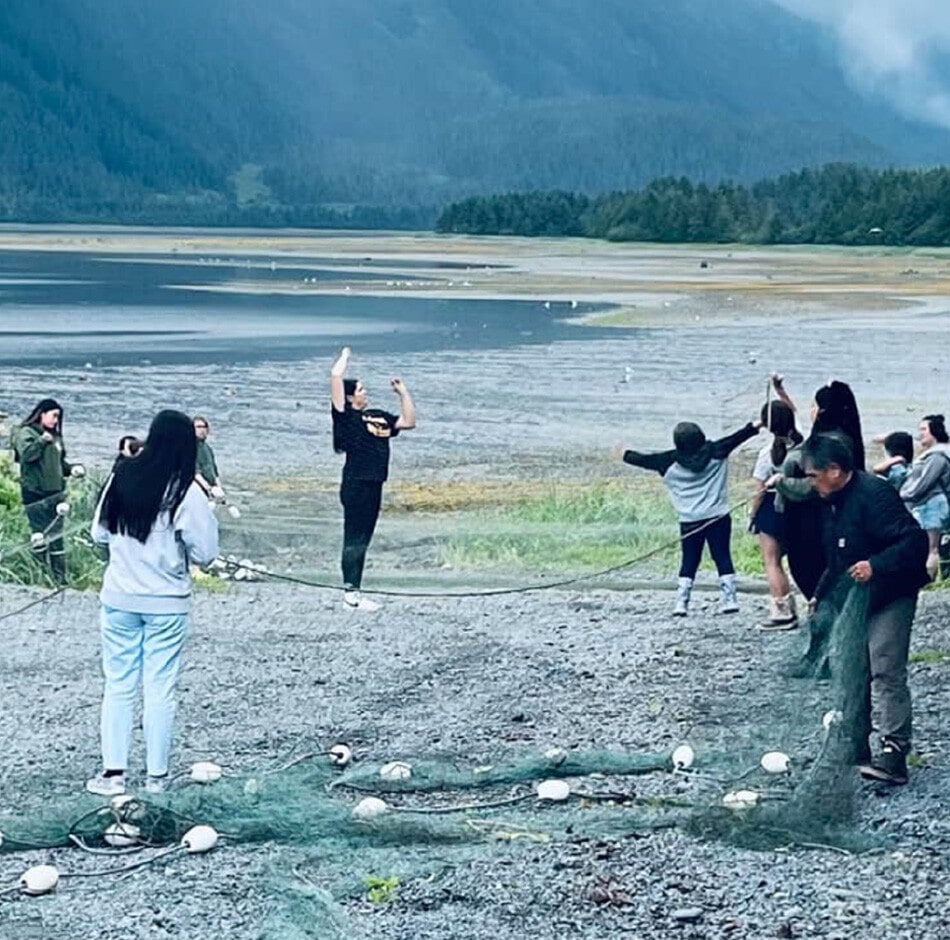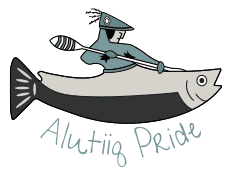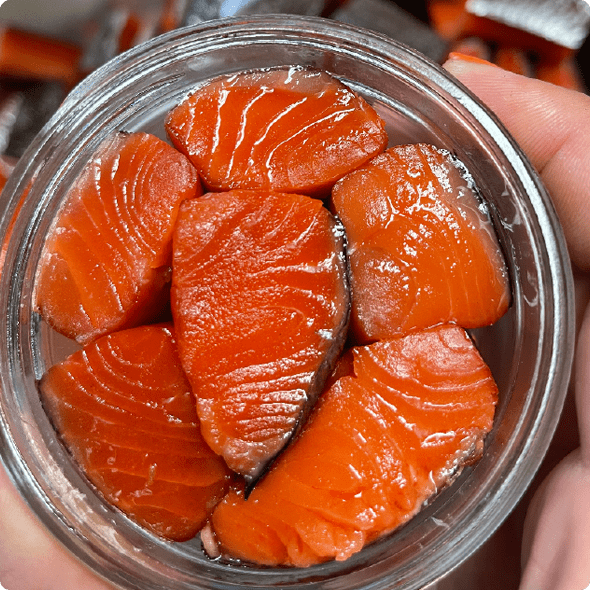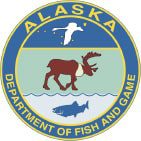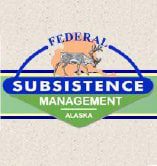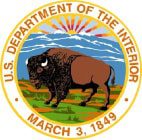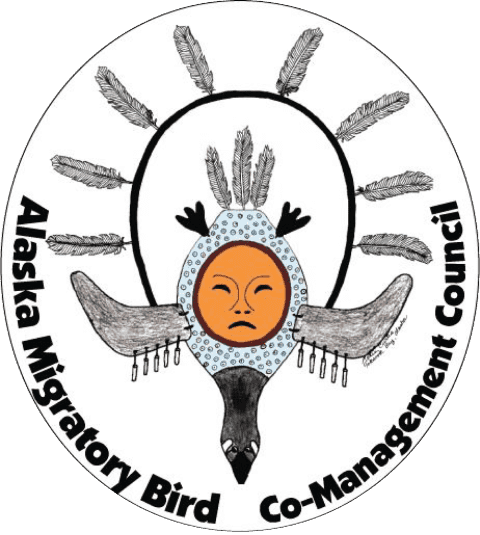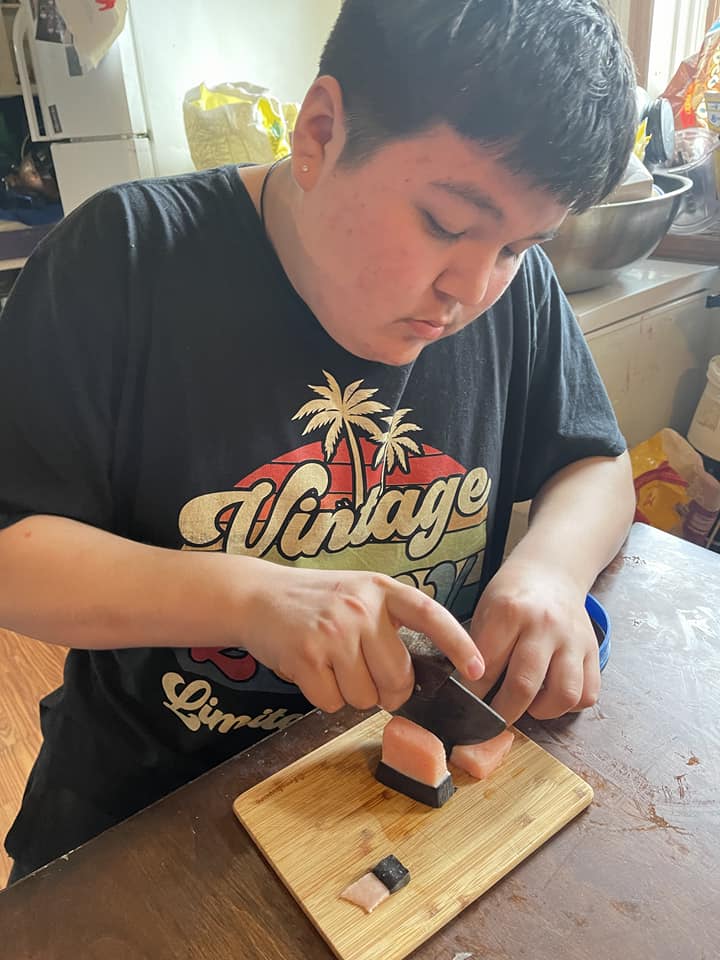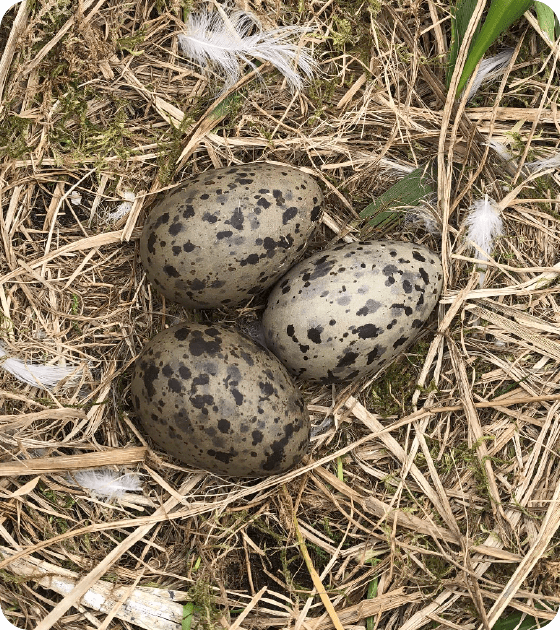SUBSISTENCE
PROGRAM
Tamatum tuknigkuart’slaraakut
– This is what sustains us
Preamble
We, the Tribes and inhabitants of the Chugach Region, proclaim that our subsistence harvests are essential to our cultural, nutritional, economic, and spiritual well-being and way of life. Since time immemorial, we have served as stewards of this land, relying on detailed observation and knowledge of the environment to sustain both our people and our lands and seas. Over and over again, our way of life has been threatened, from slavery under Russian fur traders to the devastating effects of the 1918 flu pandemic in our region, the 1964 Good Friday Earthquake that decimated the region, and the Exxon Valdez oil spill that followed 25 years later. Today, we face the dual threats of climate change and development continuing to impact our environment and affect our livelihoods and well-being. We recognize our responsibility and authority to exercise our Tribal rights as stewards to our traditional territories and resources and enter into this agreement to promote the health and well-being of our Tribal Members, our future generations, all Alaskans, and the plants, fish, and wildlife upon which we depend.
We Are Your
Advocates
The Subsistence Program provides regulatory advocacy to the Board of Fish, Board of Game, Federal Subsistence Board, Southcentral Regional Advisory Council, North Pacific Fishery Management Council, and the Alaska Migratory Bird Co-Management Council. Our mission is to provide advocacy to protect Alaska Native hunting and fishing rights, which are central to the traditional way of life and well-being of our people.
CRRC staff works on individual species-related projects, provides updated information to Tribes regarding wildlife management, and acts as a liaison between our regional Tribes and state and federal management entities when necessary. Under the Subsistence Program, the Inter-Tribal Federal Subsistence Cooperative Management Alliance (Alliance) was created. With representation from each of our communities, the Alliance was created to provide a platform for CRRC Tribal Members to speak and act in a unified voice on state and federal hunting and fishing regulations. The Alliance serves as a platform for Tribes in protecting Alaska Native hunting and fishing rights, including the harvesting and sharing of fish, game, and other resources and enhancing Alaska Native management of traditional lands and resources.

Redefining
Subsistence
Subsistence refers to the hunting, fishing, and gathering activities that traditionally constituted the economic base of life for all Alaska Native people. It should be noted that the state (AS 16.05.940[32]) and federal (Title VIII of ANILCA) agencies have a very clear definition for subsistence, which is used in policy: the “customary and traditional uses of wild resources for various uses including food, shelter, fuel, tools, transportation, handicrafts, sharing, barter, and customary trade.” However, state and federal law differ in who qualifies to participate in subsistence fishing and hunting. Since 1989, Alaska state law recognizes all Alaska residents as subsistence users, whereas the federal government recognizes only rural Alaska residents as subsistence users.
CRRC encourages systemic change and participation in subsistence harvest in Alaska, because Alaska Native groups define themselves by the traditions in obtaining, processing, and distributing wild resources. When you talk about subsistence, many people think of the dictionary definition of subsistence as “the minimum [food and shelter] necessary to support life,” but we define our subsistence as more than that. Subsistence is synonymous with culture, identity, and self-determination. Every year Alaska Natives harvest, process, distribute, and consume millions of pounds of wild animals, fish, and plants through an economy and way of life that has come to be termed “subsistence.”
Collectively, these varied subsistence activities constitute a way of being and relating to the world, and thus comprise an essential component of Alaska Native identities and cultures. We all want to see our subsistence activities continue, but they cannot survive without legal protections. While some safeguards have been put into place, there remain challenges. Regardless, Indigenous groups will continue to do whatever it takes to sustain their families, customs, and traditions. For there to be an effective public policy, subsistence must not be viewed simply as an allocation scheme or as the preservation of an archaic lifestyle. Rather, it should be understood as a means of sustaining and promoting healthy relationships between communities and their land and resources—a “life-enriching process.”
Impact to
Alaska Native
Communities
The history of fish and game management in Alaska is important to understand as it directly contributes to food insecurity and prohibits food sovereignty in Alaska Indigenous communities. Alaska Natives have been sustainably managing natural resources since time immemorial. They continue to traditionally harvest fish, wildlife, and plants while following the seasonal cycles and harvesting food from the land and water. Alaska natural resources remain an important part of Alaska Indigenous culture, spirituality, and nutrition. State and federal regulations have interrupted Indigenous lifeways, causing food security and sovereignty issues.
Regulations continue to impact Alaska Indigenous peoples with a complex system that is not always easy to navigate. Alaska fish and wildlife users can participate in the Alaska Board of Fish or the Alaska Board of Game by attending or serving on one of the state’s advisory committees, submitting proposals for regulatory change, and providing written or oral comments and/or testimony.
